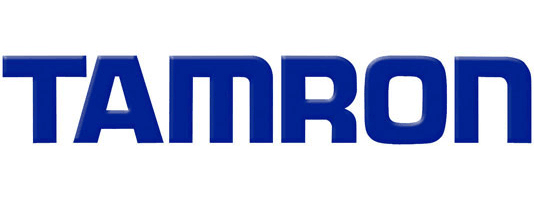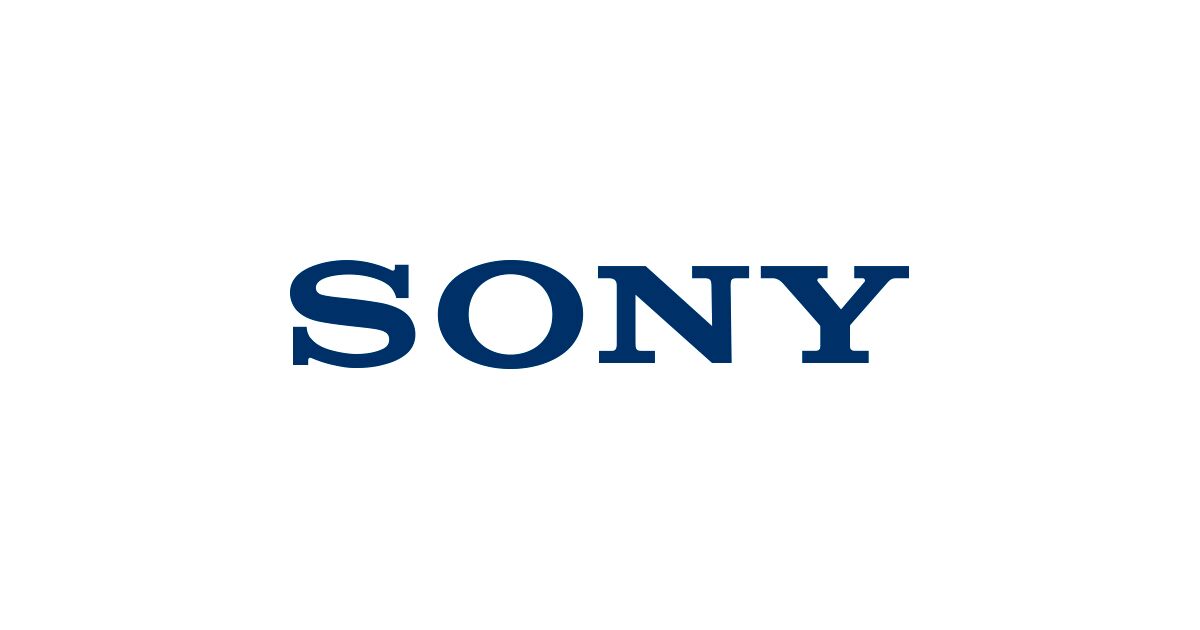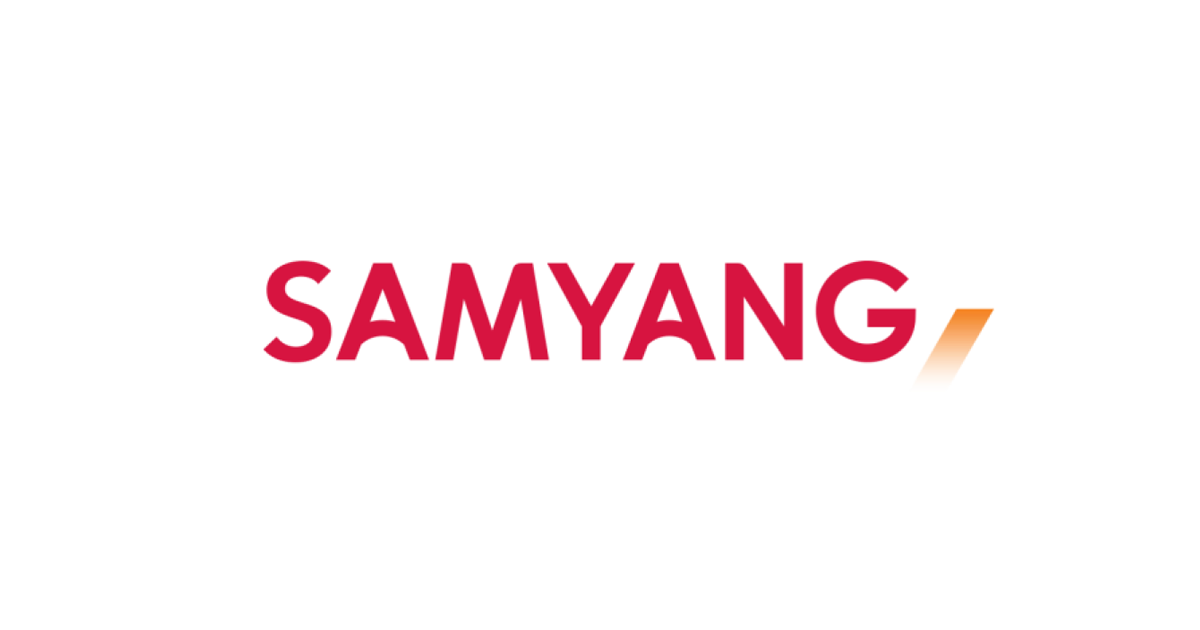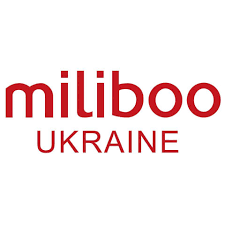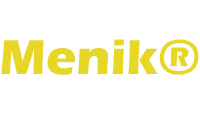South Korea has been a significant player in the cryptocurrency market for many years, with a high level of adoption and trading volume. However, the country’s regulatory environment has undergone significant changes in recent years, impacting how cryptocurrency exchanges operate and how users can engage with digital assets. This article will explore the regulatory changes that have taken place in South Korea and their effects on cryptocurrency exchanges.
The regulatory landscape for cryptocurrency exchanges in South Korea has evolved rapidly in recent years, with the government taking steps to address concerns around money laundering, fraud, and investor protection. One of the key regulatory changes that have had a significant impact on cryptocurrency exchanges in South Korea is the implementation of the Virtual Asset Service Luna Max Pro Provider Act (VASP). This legislation requires cryptocurrency exchanges to register with the Financial Services Commission (FSC) and to comply with anti-money laundering (AML) and know-your-customer (KYC) regulations.
The VASP Act has resulted in increased scrutiny and oversight of cryptocurrency exchanges operating in South Korea, with exchanges now required to implement robust AML and KYC procedures to verify the identities of their users and prevent illicit activities. This has led to a significant increase in compliance costs for exchanges, as they are now required to invest in sophisticated monitoring systems and hire compliance staff to meet regulatory requirements.
In addition to the VASP Act, South Korea has also introduced measures to regulate initial coin offerings (ICOs) and to crack down on fraud and scams in the cryptocurrency market. The government has issued warnings to consumers about the risks associated with investing in digital assets and has imposed fines on exchanges that fail to comply with regulatory requirements.
These regulatory changes have had a profound impact on the cryptocurrency market in South Korea, with some exchanges choosing to shut down or relocate to more favorable jurisdictions. The increased regulatory scrutiny has also made it more challenging for users to engage with digital assets, as they are now required to provide more personal information and undergo more rigorous identity verification processes.
Despite the challenges posed by regulatory changes, some cryptocurrency exchanges in South Korea have adapted to the new regulatory environment and have continued to operate successfully. These exchanges have invested in compliance measures and have worked closely with regulators to ensure that they are meeting their obligations under the law.
Overall, the regulatory changes in South Korea have had both positive and negative effects on cryptocurrency exchanges in the country. While the increased oversight has improved investor protection and reduced the risk of fraudulent activities, it has also created hurdles for exchanges to overcome in terms of compliance and operational costs. As the regulatory environment continues to evolve, it will be interesting to see how cryptocurrency exchanges in South Korea adapt to new requirements and how these changes shape the future of the digital asset market in the country.



